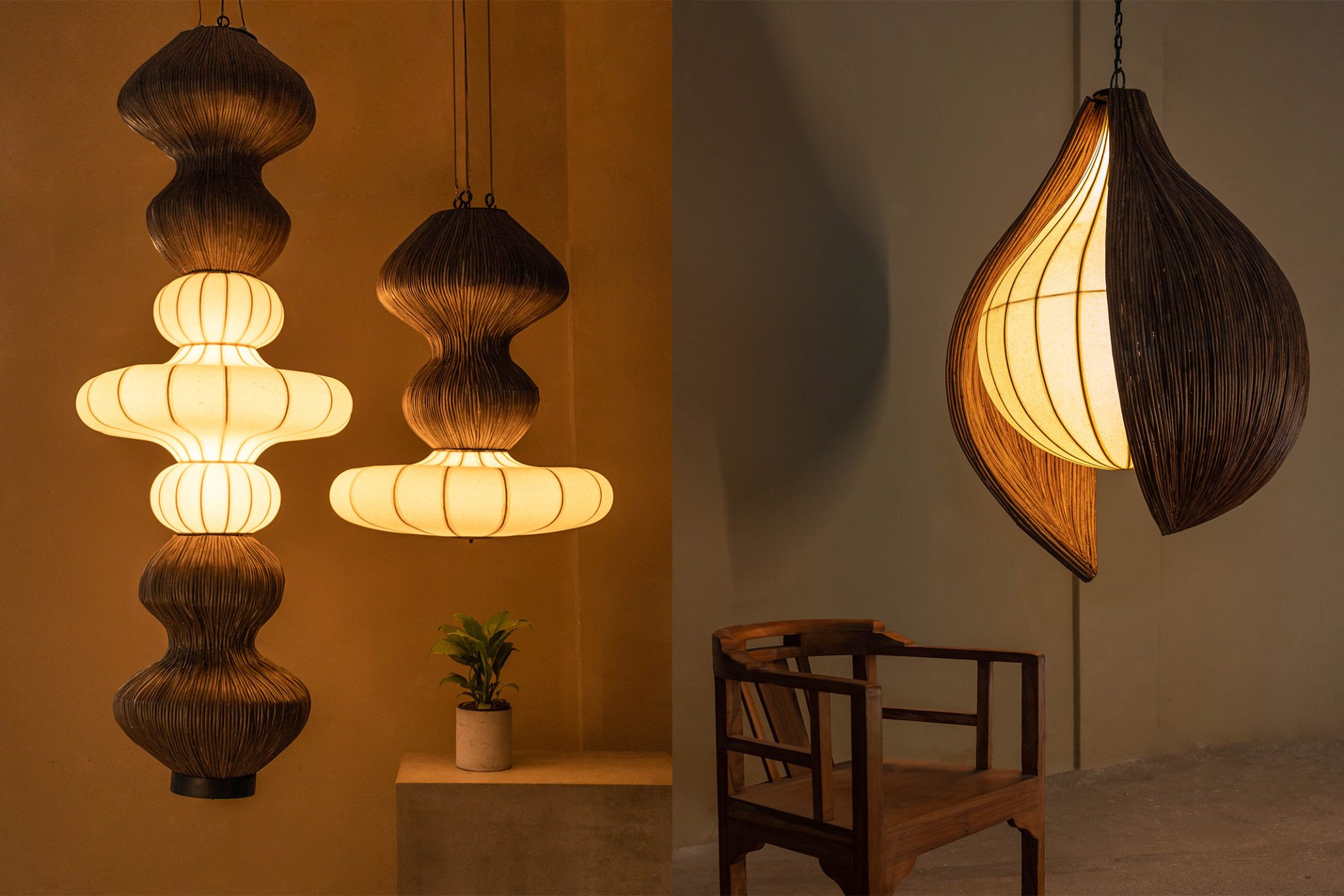By Uniting 144 Villages The Nokha Village Community Centre Transforms The Arid Landscape Into An Abundant Landmark
- 3 May '24
- 12:08 pm by Tanvee Abhyankar
Crafted in the rugged terrain of Rajasthan, the Nokha Village Community Centre is a surreal premise that stands out for its exceptional value addition and architectural genius. The swirling sandstone edifice is a vibrant cultural centre to all 144 hamlets around it, happily accommodating numerous cultural recreational activities of the villagers. It also reflects a deep-seated ethos of environmental responsibility and social equity.
Led by architect Sanjay Puri, the impressive 1208-sq-mtrs centre stands not only as an infrastructure of communal gathering but also as a tribute to Padmaramji Kularia, known in the community for his social service and whose son envisioned and commissioned this as a living memorial. “Our response was to create a community space that would be beneficial to the 144 small villages in the area,” explains Sanjay Puri. “This was achieved by making a relatively small 9000 sq ft built-up area in a way that would generate a much larger multifunctional usable space facilitating social interaction & learning for all age groups,” he adds.

Inspired by traditional Indian courtyards and the natural contours of dunes, the fluid design of the structure gracefully rises to a height of nine metres, exemplifying the profound impact of conscientious architecture. “The project exemplifies how thoughtful architecture can create expansive community spaces without a large footprint, with a built-up area of 9,000 square feet generating 5 times more usable space, including a 27,000-square-foot open auditorium,” explains Puri.
In close collaboration with local artisans, the structure is meticulously crafted using a reinforced-cement concrete frame, complemented by regionally sourced sandstone, and finished with lime plaster. This approach pays homage to the area’s traditional craftsmanship and materials and also integrates thoughtful design features such as an open courtyard, strategically shielded from the intense southern sun.

A rectangular amenities block at the entrance accommodates gathering areas and event spaces, housing a cafeteria, restrooms, parking facilities, and storage areas. The centre’s organic form shapes a partially sheltered amphitheatre, facilitating the use of the roof as an accessible garden space. Positioned at the heart of the community centre, an open north-facing courtyard beckons visitors to gather and connect, embodying the essence of community spirit.
To ensure comfort in the harsh desert climate, the southern facade– along with much of the eastern and western sides– is thoughtfully shielded by a grass-covered earth berm. This strategic response aids in regulating temperatures, crucial in an environment where mercury levels regularly soar between 35 to 40°C throughout the year. Atop the structure, a rooftop garden adds a touch of greenery and on the lower level, a museum celebrating local culture thrives alongside a digital library, addressing the area’s educational needs.
Inside, natural light floods the community centre through strategically positioned “scooped recesses” encircling the roof garden, which also extend beneath the grassy mounds, enhancing the ambience and functionality of the space.

The project employs a range of sustainable strategies to enhance its environmental performance and efficient use of space. Rooftop gardens, stone screens, and carefully planned landscaping work in harmony to reduce heat gain and improve energy efficiency. Beyond the design phase, the project’s commitment to sustainability permeates its construction process. Integral components include rainwater harvesting, water recycling systems, and the prioritisation of local materials and craftsmanship. This holistic approach ensures minimal impact on the desert landscape while fostering economic support within the local community. The rooftop garden, irrigated using recycled water from adjacent sources, serves as a sanctuary from the arid surroundings, exemplifying the project’s dedication to sustainability.
Also Read: The Announcement Of World’s Largest Wooden City In Stockholm: Sweden Takes A Giant Leap For 2025

The inclined garden within the community centre transcends mere recreation in an area where gardens are a luxury. Today, the building serves as a vital hub, welcoming over 400 children and adults daily from nearby villages for congregations, recreation, and study.























